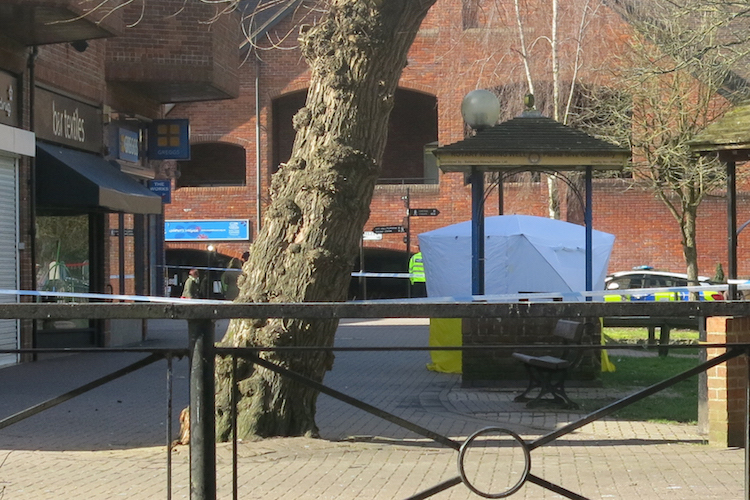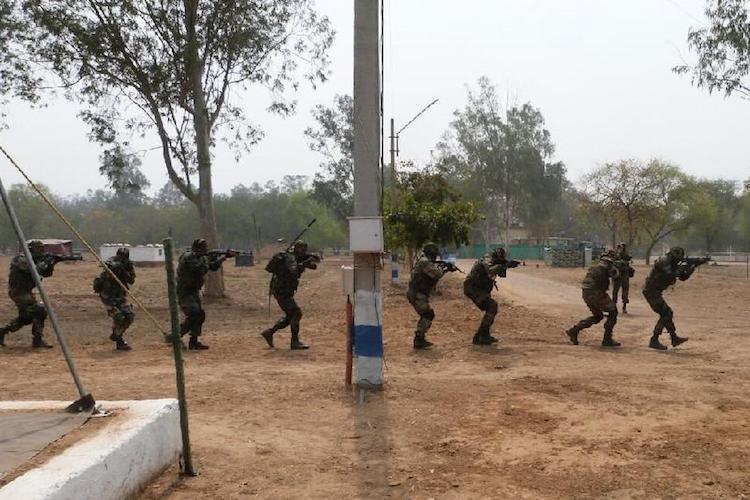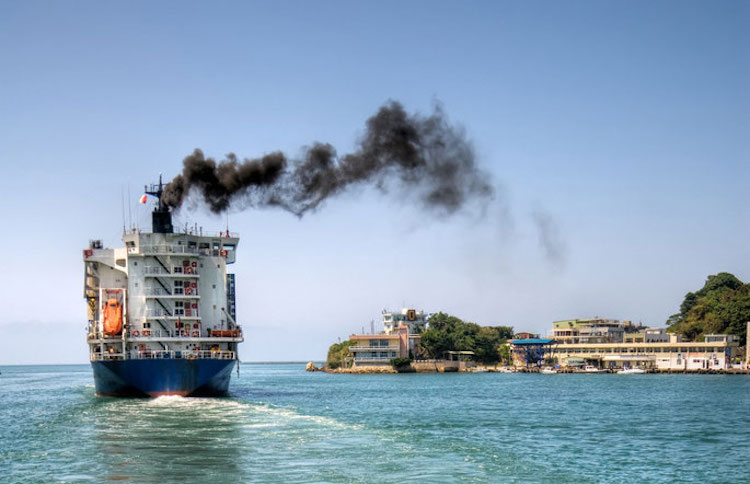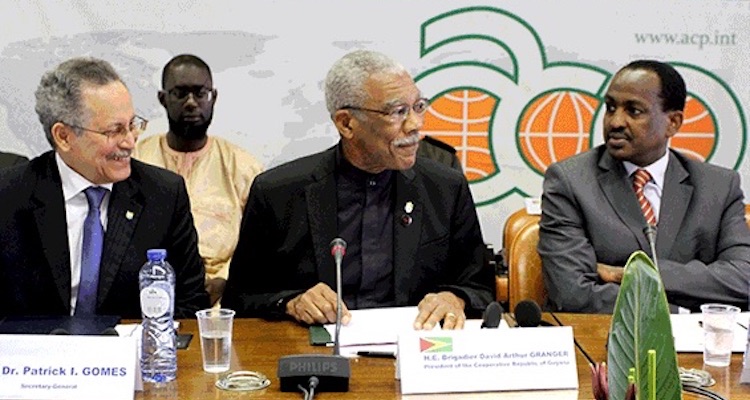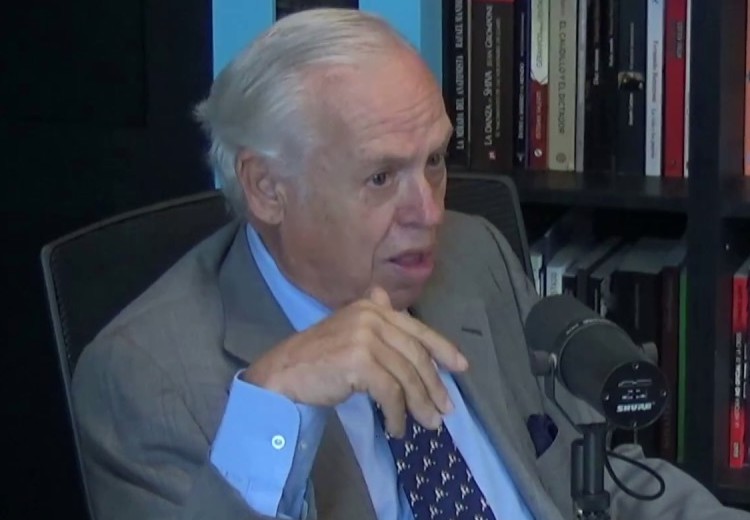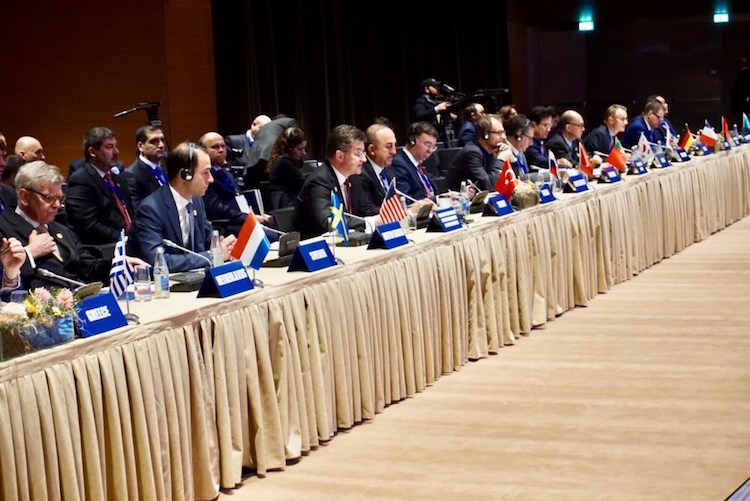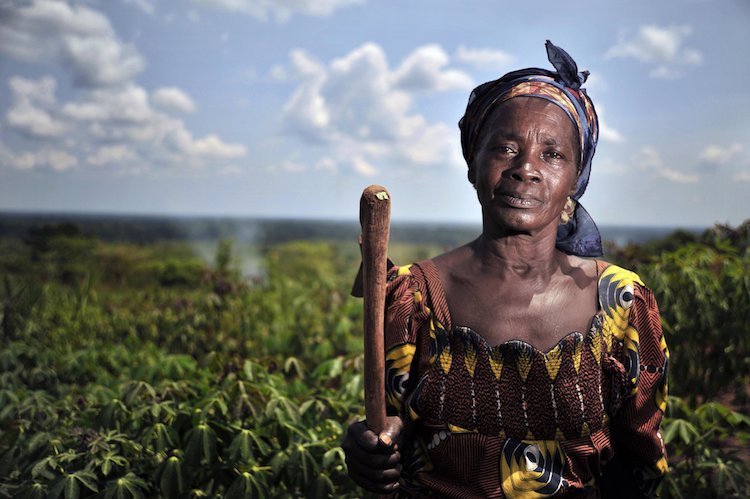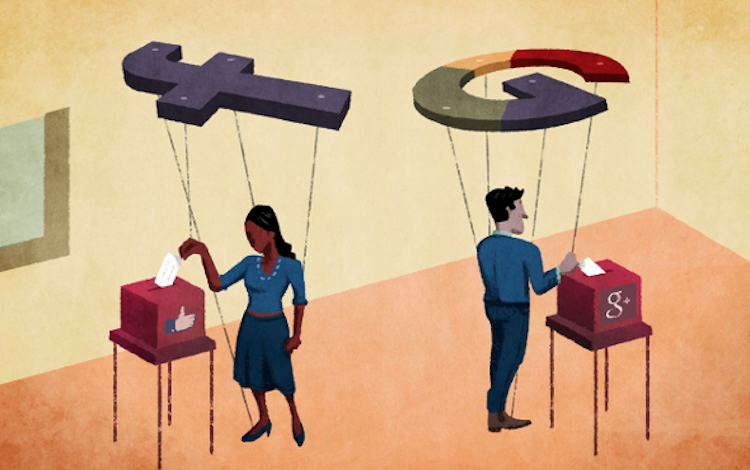Viewpoint by Michele Nobile* ROME (IDN) – Like the rest of humanity, I have no way of identifying the instigator of the attempted assassination of former Russian double agent Sergei Skripal and his daughter. But I venture some reasoning, just to clear the field of fantasies and focus on real problems. It is true that […]
Kazakh Peacemakers Exchange Experience with Indian Partners
ALMATY (IDN | KazInform) – Kazakhstan militaries are taking peacemaking training in New Delhi jointly with Indian colleagues. The classes are taking place at the UN Training Center. The Kazakhstani peacemakers came to New Delhi to study the Indian experience to apply it in missions. Upon arrival they familiarized with the general provisions, structure and […]
UN Shipping Agency Slammed for Stalling Climate Action
By J Nastranis NEW YORK (IDN) – Transparency International has criticised the United Nations shipping agency for delaying action on climate change. The global anti-corruption organization warns in a new study that the private shipping companies’ concerns are impacting the policymaking process at the International Maritime Organisation (IMO), undermining its ability to effectively regulate greenhouse […]
Reverse the ‘Individualising Imaginary’ on Climate Change
By Maurizio Fratta ROME (IDN) – The data collected by climatologists speak clearly: since 1880 – when surveys began – the summer of 2017 in Italy was the second hottest ever; the month of August recorded an average thermal excess of 2.5°C, with the fourth day of the month the hottest in the last 60 […]
ACP Group Looks Forward To Becoming ‘Effective Global Player’
By Ramesh Jaura BERLIN | BRUSSELS (IDN) – While preparing for talks on future relations with the European Union (EU) after the Cotonou Agreement expires in February 2020, the African, Caribbean and Pacific Group of States (ACP) is engaged in concerted efforts to reshape itself into “an effective global player” serving as a catalyst and […]
Ten Reflections on the Crisis
Viewpoint by Roberto Savio The writer is publisher of Other News, an eminent proponent of “information that markets eliminate” and founder of IPS-Inter Press Service News Agency. This article is being reproduced courtesy of Other News with the writer’s permission. He can be contacted at utopia@robertosavio.info and his articles and comments can be read on […]
UNGA President Commends the Non-Aligned Movement
By Miroslav Lajčák Miroslav Lajčák is President of the 72nd Session of the UN General Assembly. Following is a slightly abridged version of his Statement at Mid-Term Ministerial Conference of the Non-Aligned Movement comprising 120 members, in Baku, Azerbaijan, on 5 April 2018. – The Editor. BAKU (IDN-INPS) – I would like to . . […]
U.S. Congress Should Prevent Saudis from Going Nuclear
By Kingston Reif, Daryl G. Kimball and Kelsey Davenport Kingston Reif is Director for Disarmament and Threat Reduction Policy and Daryl G. Kimball is Executive Director of the Arms Control Association. Kelsey Davenport is the Association’s Director for Nonproliferation Policy. This article appeared as Issue Brief on April 5, 2018 with the caption ‘The Risks […]
Agroecology Key Element to Zero Hunger and Food Security
By Jaya Ramachandran ROME (IDN) – More than enough food is produced in the world to feed everyone, yet 815 million people go hungry, according to FAO, the Food and Agriculture Organization of the United Nations. How to ensure that a growing global population – projected to rise to around 10 billion by 2050 – […]
Democracy à la Google, Facebook & YouTube: Some Reflections
Viewpoint by Lucas Malaspina* ROME (IDN) – When Mark Zuckerberg decided to offer emerging nations Internet.org, anger was not long in exploding. As Daniel Leisegang writes in ‘Facebook is saving the world’, this project which emerged in 2013 was a humanitarian masquerade: to allow Internet access to a huge number of Third World citizens who […]

